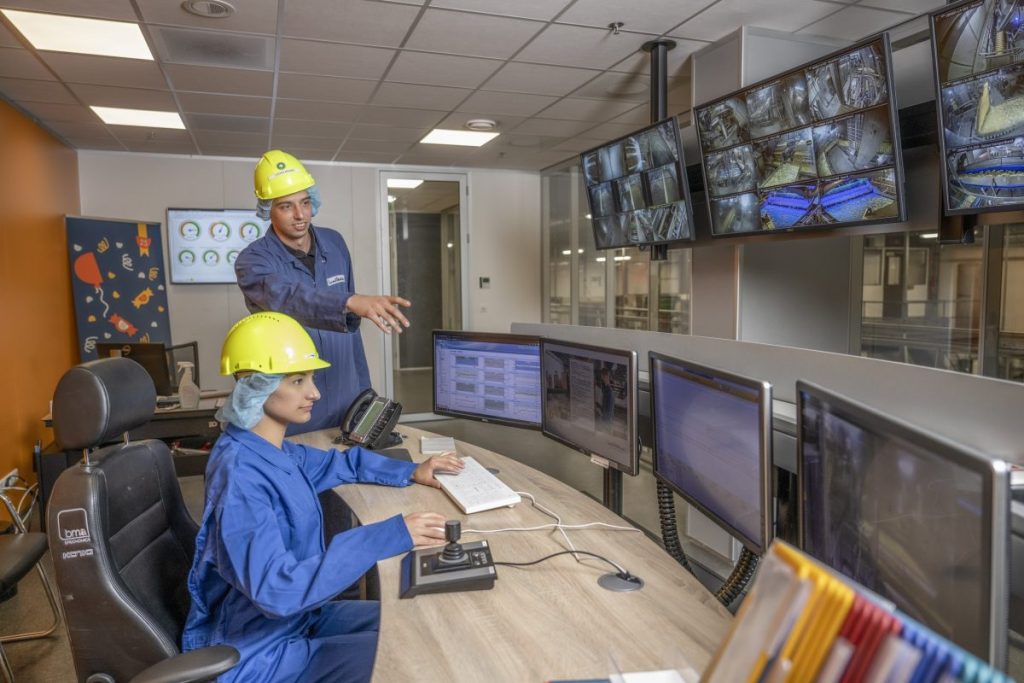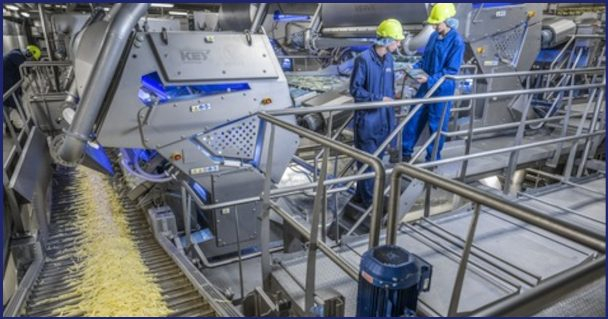#PotatoProcessing #DataDrivenAgriculture #Sustainability #AIinFarming #PrecisionFarming #AgriculturalInnovation
In the picturesque Dutch town of Oosterbierum, Lamb Weston’s French Fries Factory stands as a beacon of innovation in potato processing. Embracing a data-driven philosophy, the plant utilizes the HAI Cloud Platform to orchestrate intelligent factory dashboards and implement AI-based applications, offering real-time insights into their production process.
Plant Manager Bas van Damme and his team have harnessed the power of data from various sources, including Rockwell plant automation, SAP, and weighing scales, to create dashboards that calculate Key Performance Indicators (KPIs) in real-time. This structured data, consolidated in the Microsoft Azure Cloud, provides visibility into crucial factors such as product quality, energy consumption, and water usage.
Van Damme emphasizes the importance of adapting to varying potato quality, a challenge inherent in dealing with a natural product. The traditional method of manual calculations and operator experience is replaced by the efficiency of real-time dashboards. These dashboards, focused on KPIs like Recovery (yield on the potato) and LineRate (maximum output per hour), enable quick adjustments to optimize the production process.
“If you can increase the yield on the potato and maximize your output, you can significantly boost the profitability of the factory,” states Van Damme, highlighting the pivotal role of data-driven decision-making in enhancing profitability.

The dashboards also extend their reach to sustainability, tracking utilities consumption such as (bio)gas, electricity, and water—essential KPIs for Lamb Weston’s commitment to environmental responsibility. With plans for more dashboards in the pipeline, the factory affirms its dedication to digitalization as the future of efficient potato processing.
As we gaze beyond the factory walls, the analogy between the endless Dutch potato fields and the vastness of the Cloud becomes apparent. The potential for improvement in potato data seems boundless, mirroring the ever-expanding possibilities of digitalization in agriculture.
Lamb Weston’s integration of data-driven precision in potato processing marks a significant leap forward in the industry. The real-time dashboards not only optimize production and enhance profitability but also align with sustainability goals. As the potato fields stretch beneath the expansive Dutch sky, so does the potential for innovation and improvement in the era of data-driven agriculture.







